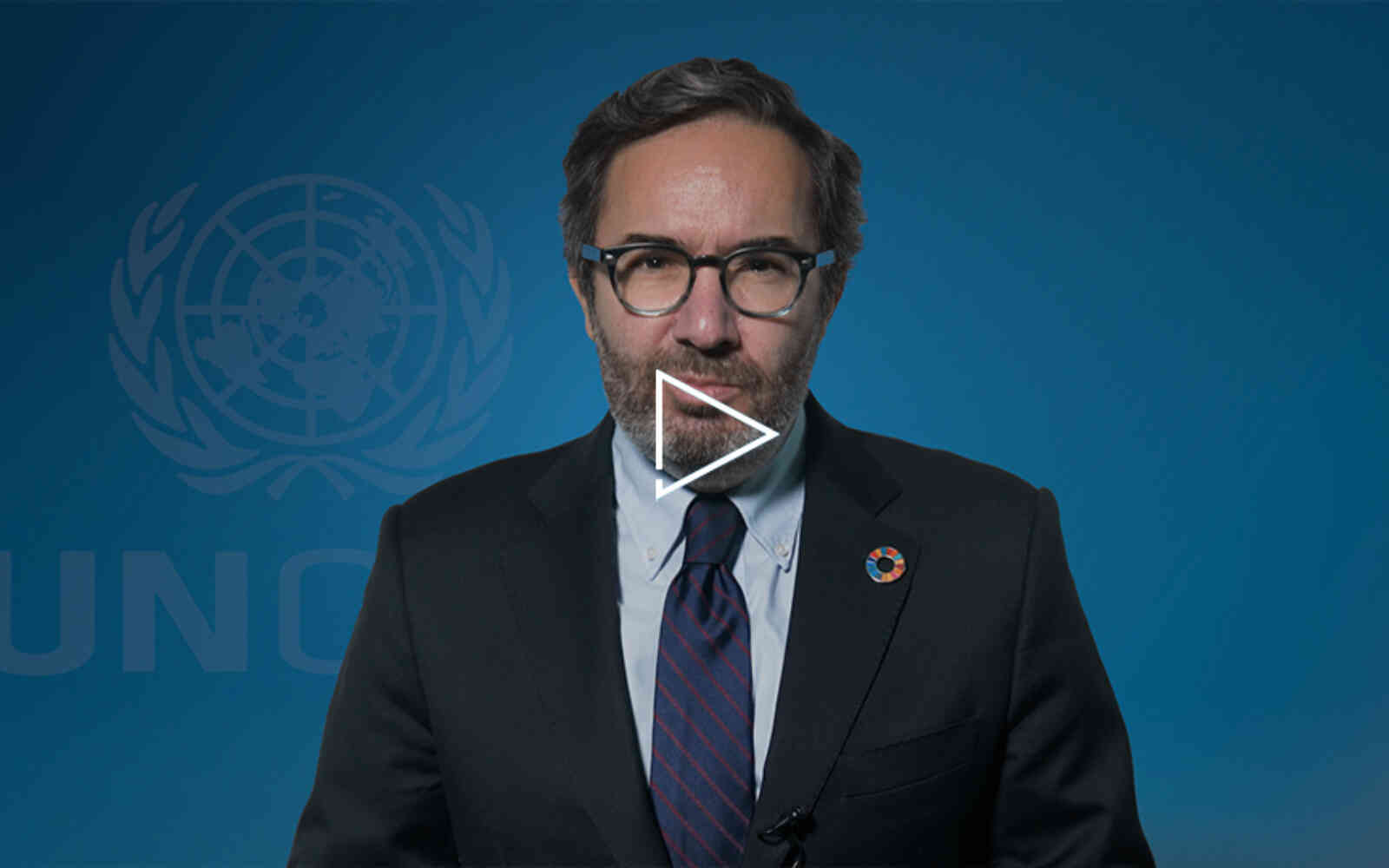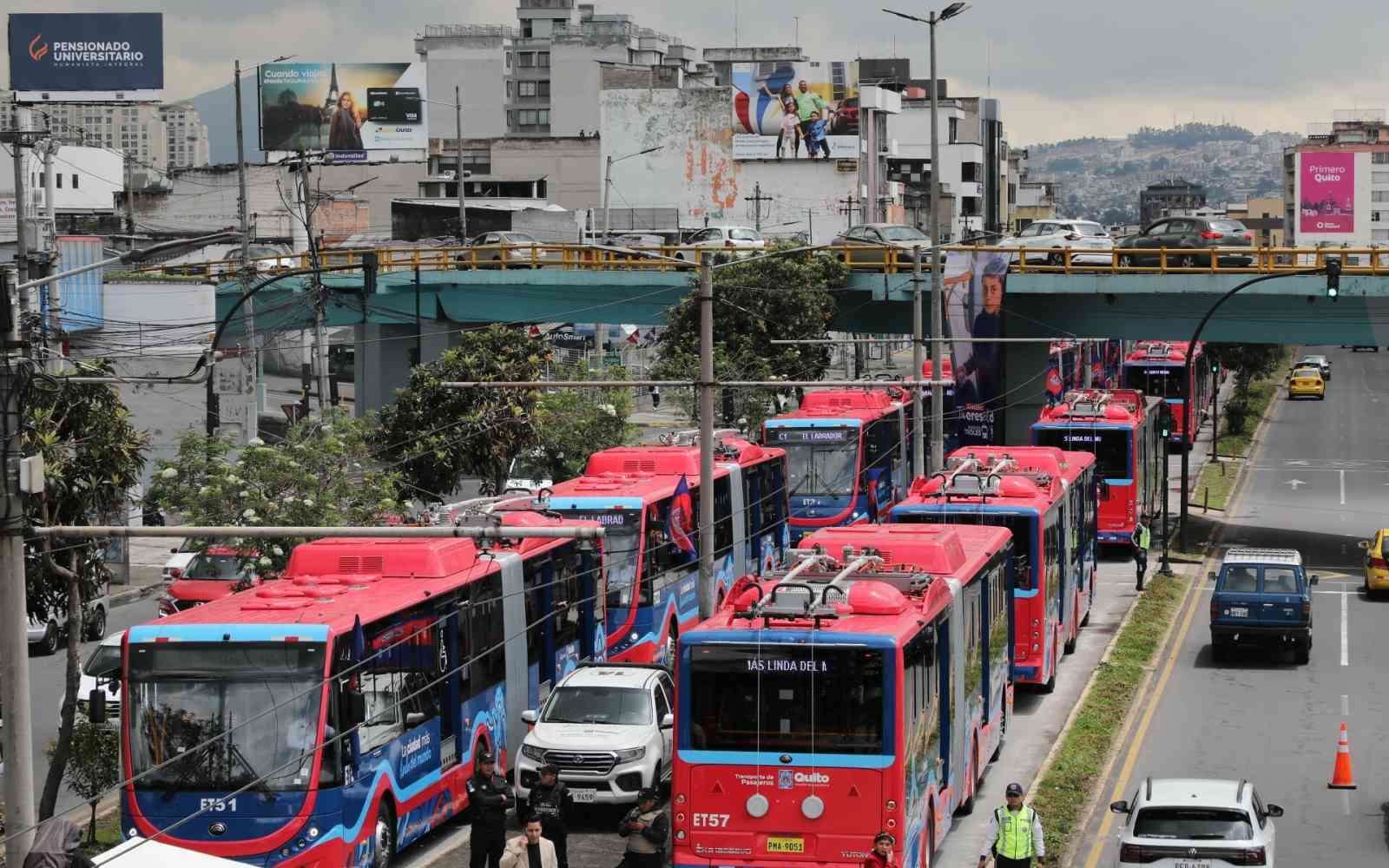The United Nations Office for Project Services (UNOPS)
Revitaliser les services de santé : promouvoir l’accès de toutes et tous à des services de santé de qualité par l’entremise des politiques, de la planification, des achats et de l’efficacité
Déclaration de Jorge Moreira da Silva, Secrétaire général adjoint des Nations Unies et Directeur exécutif de l’UNOPS, lors d’un événement sur la revitalisation des services de santé et la promotion de l’accès de toutes et tous à des services de santé de qualité par l’entremise des politiques, de la planification, des achats et de l’efficacité, organisé conjointement par l’UNOPS, la Banque mondiale et Sustainable Energy for All dans le cadre de la COP 29 – 15 novembre 2024 (en anglais)
[check against delivery]
Excellencies, colleagues,
Good morning, and a warm welcome to this UNOPS event - thank you to our partners WHO for hosting us in their pavilion.
Energizing healthcare is literally a matter of life and death.
From keeping the lights on, to refrigerating vaccines and operating life-saving medical devices, electricity is the lifeblood of a functioning health system.
Yet around the world, nearly one billion people depend on health-care facilities with unreliable or no electricity at all.
This. must. change. The result of our inaction will be measured in lost lives, human suffering, poverty and economic damage.
Simply - achieving health and wellbeing depends on reliable electricity particularly in healthcare facilities.
This is even more important in the context of the climate crisis - which - to quote my friend Dr Tedros, “is a health crisis”.
According to estimates by the Intergovernmental Panel on Climate Change, between 3.3 to 3.6 billion people globally live in contexts that are highly vulnerable to climate change.
And we know that climate change disproportionately affects communities that are already vulnerable and marginalized.
UNOPS is offering practical solutions to help countries make their health systems more resilient and cut emissions.
Around the world, we work with governments and a range of partners - including WHO and other UN agencies , international financing institutions, and many others, to deliver solutions that have tangible impacts on people’s lives - including on their health and well being.
Given the huge needs - we have a strong focus on “energizing” healthcare facilities. In a variety of locations - including many fragile and conflict- affected settings, we work in multi-sectoral partnerships to introduce clean energy to help accelerate universal health coverage.
Our experience includes large scale solar electrification projects including in Ethiopia, DRC, Gaza, Haiti, Somalia and Yemen, and we are delighted to build on this with our new hosted partnership, SE4all.
Solar energy is clearly a solution of choice for rapid electrification of health care facilities. Photovoltaic modules are now relatively inexpensive, and can be deployed at speed and scale. They are a no-brainer in the journey to bring reliable, low-cost and clean energy to healthcare facilities in communities that need it most.
As we have seen in our work there are also positive ripple effects across education, local employment, and safety in communities. We helped the government in Sierra Leone build solar-powered mini-grids, centered on community health centers, that then operated as commercial enterprises, to supply entire villages with electricity ultimately improving essential services for over 500,000 people. We will hear more about this from Her Excellency the Deputy Minister in a moment.
Energizing healthcare to drive universal health coverage is possible through robust multi sectoral partnerships, reflected by our panel members here today. They are crucial to successful delivery, not only for initial installation and commissioning, but most importantly for long term, sustained service delivery.
The opportunities are immense - yet there are also challenges, from the obvious and urgent questions of financing, to the policy environment and implementation bottlenecks.
Today’s framing around the four ps of policy, planning, procurement, and performance speaks to the real life challenges and opportunities of this work. And I really look forward to the valuable contributions of our panelists - building on the wealth of experience and expertise they bring to the conversation.
Every healthcare facility equipped with reliable clean energy is not just an investment in infrastructure—it’s a commitment to saving lives and fostering resilience. Let us continue this vital work together, for a future where every healthcare facility, no matter how remote, has the energy it needs to deliver critical care, save lives and uphold human dignity.











